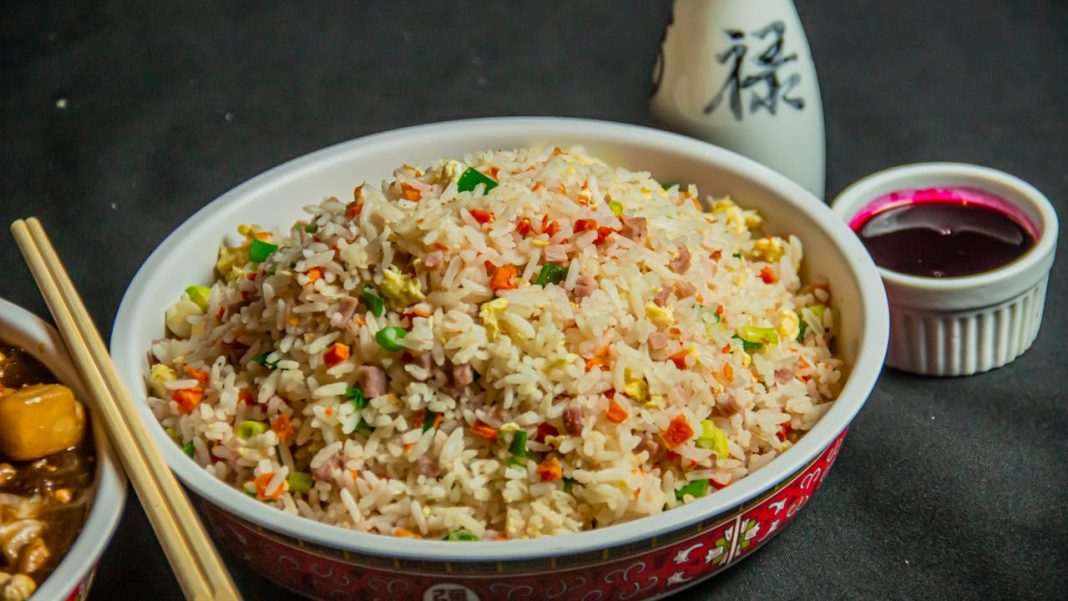JAPAN: Taku Etō, Japan’s agriculture minister, bowed out following a contentious declaration that triggered rage in a nation wrestling with spiralling food prices. According to the latest The Guardian report, Etō’s disclosure that he doesn’t buy rice because he obtains it as favours from followers and cliques has drawn exacting condemnation, stressing the delicate character of Japan’s current rice predicament and bigger economic challenges.
Controversial comment sparks backlash
Taku Etō spurred public rage after divulging at a recent fundraiser that he “never bought rice himself” because of the substantial gifts he gets, making him oblivious to everyday consumers, who are fraught amidst mounting costs. This comment came notwithstanding his previous spoken compassion for those hampered by swelling prices, even after the government released 300,000 tons of rice from backup hoards previously this year to control the surging crisis.
Consumers confronted with rice prices that have doubled what they paid a year ago saw Etō’s statement as insensitive. The reaction ended in demands for his resignation, which he offered at the prime minister’s office, admitting the impropriety of his comments during a grave period for Japan’s primary food.
Political pressure mounts on Prime Minister Ishiba
Etō’s resignation complicates the political strain on Prime Minister Shigeru Ishiba, who has struggled to regulate the escalating cost of living. The rice dilemma denotes the government’s wide-ranging fiasco. Constituencies are increasingly upset, and with the upcoming July upper house elections, the latest poll showed that 87% are dissatisfied with the government’s management of increasing rice prices and low cabinet approval rankings.
Japan’s circumstances have forced the government to be creative in its approach, including importing rice from South Korea for the first time in 25 years to calm people’s discontent. Leaders from the opposition have condemned Etō’s comments as “out of touch and intolerable,” leading to a growing examination of Ishiba’s government.
The root of the rice shortage and its economic impact
Japan’s rice deficiency comes from manifold reasons, including meagre yields owing to the menacingly high temperature in 2023, panic buying triggered by a 2024 earthquake notice, and traders’ alleged hoarding. These problems drove the regular retail price of rice to record highs, with a 5kg bag reaching ¥4,268 (S$29).
Shinjirō Koizumi, a former environment minister, Ishiba’s rival, and Etō’s successor, has the frightening job of evening out rice provisions and renewing the public’s confidence. As Japan confronts this food security issue, the government’s capacity to tackle it successfully is vital to its political future and to alleviating the daily problems of consumers all over the country.

